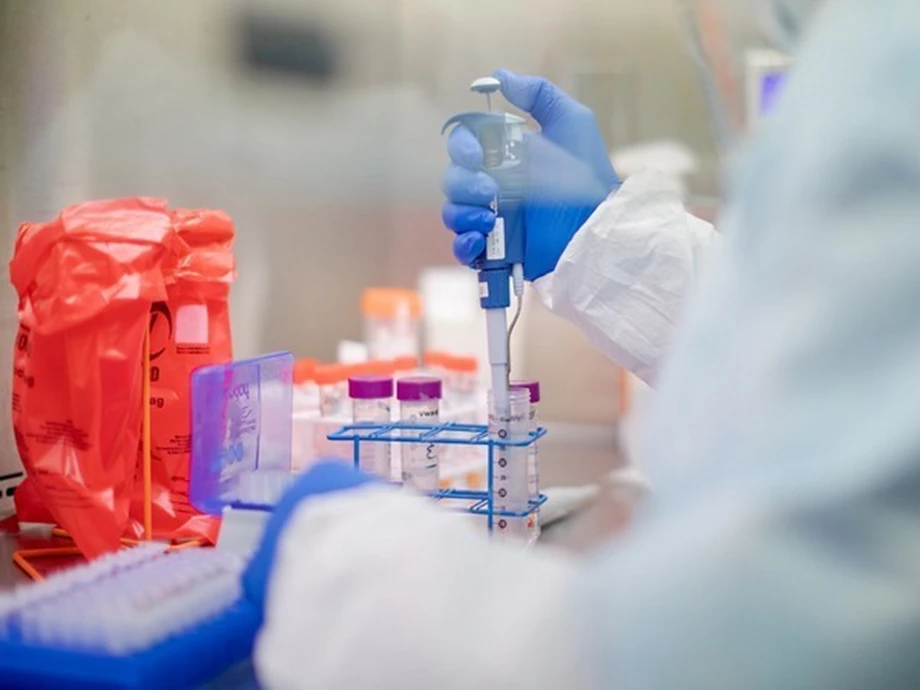Food, Anxiety and Depression
In our current society, there are many factors that can cause or contribute to anxiety and depression. Certainly money and work problems, relationship and family issues, as well as illness and loss of loved ones are major contributors to anxiety and depression. Also, how we feel about ourselves and treat ourselves contribute greatly to how we feel.

In our current society, there are many factors that can cause or contribute to anxiety and depression. Certainly money and work problems, relationship and family issues, as well as illness and loss of loved ones are major contributors to anxiety and depression. Also, how we feel about ourselves and treat ourselves contribute greatly to how we feel. Even in the worst of times, if we are treating ourselves with compassion instead of self-judgment, we may be able to manage big challenges without anxiety or depression. In addition, being able to turn to an inner source of spiritual guidance and comfort is vital to weathering the hard times.
Food is another major factor that greatly affects how we feel. Most people don’t really notice that what they put into their bodies affects how they feel. They might know that if they “sugar out” they may crash emotionally, or if they drink too much they will feel hung over, but they are often unaware of how other foods may be creating anxiety and depression.
In the over 35 years that I’ve been a counselor, I have frequently encountered individuals whose anxiety and depression completely cleared up by tuning into how food was affecting them.
For example, Marnie discovered that dairy, wheat and sugar kept her up at night. She would wake up at around 3:00 in the morning with intense anxiety, and would be tired and depressed the next day. By experimenting around and cutting out different foods, she discovered that she slept fine when she stopped eating dairy, wheat and sugar. All her nighttime anxiety vanished and she was no longer tired and depressed.
Joel discovered that his sleeplessness and resulting depression was a direct result of caffeine from coffee, tea, chocolate and soft drinks. He had not realized how much caffeine he was actually consuming until I suggested that he cut out all caffeine and see what happened to his sleep. After a week of headaches from caffeine withdrawal, he was sleeping soundly for the first time in years and no longer felt depressed.
Adrienne discovered that her feelings of anxiety and depression, that had been with her most of her life, disappeared after she started eating only organic foods. Her system was so sensitive to the pesticides and food additives in non-organic food that she could not eat them without feeling anxious and depressed.
Alex, who periodically struggled with depression, inadvertently discovered that drinking raw milk from an organic dairy had a completely different effect on him than pasteurized milk. He was visiting Los Angeles and went into a health food store where he discovered that he could buy raw dairy products (which are outlawed in most other states). He found that the raw milk gave him more energy and elevated his mood. He also found that, while he was lactose intolerant with pasteurized milk, he had no problems with raw milk. Now he has his raw milk, cheese, and butter shipped frozen to Wyoming, and no longer struggles with depression.
Over and over again my clients, who have chosen to tune into how food was affecting them, have discovered how much their feelings were being affected by food. Many of my clients have learned that even a little sugar brings them down. Sugar consumes so many vital nutrients as the body attempts to process it that it can actually be considered a poison. How many people really take “Sugar Blues” seriously?
A hundred years ago, when people naturally ate non-processed and organically grown food, they were getting all the nutrients they needed. Now, most fruits, vegetables and grains are being grown on devitalized soil and over-processed on top of it. Cows and sheep that were once grass fed are being fed pesticide-sprayed grains and given hormones to fatten them up. As a result, much of our food not only contains little nutrients, but has many toxins as well. Without the vitamins, minerals, and many other factors that natural, organic and grass-fed food contains, many people suffer deficiencies that can cause anxiety and depression, as well a many other illnesses.
I recently found out that the fat of raw organic dairy products, especially butter, contains natural anti-inflammatory nutrients. I wonder if the huge rise in arthritis and other inflammatory conditions is related to the pasteurizing of milk. Any inflammatory condition can certainly contribute to anxiety and depression.
Food is certainly a major factor in the rise of anxiety, depression and illness. Only you can do something about this by learning how you are being affected by the foods you eat.
What's Your Reaction?




































































































